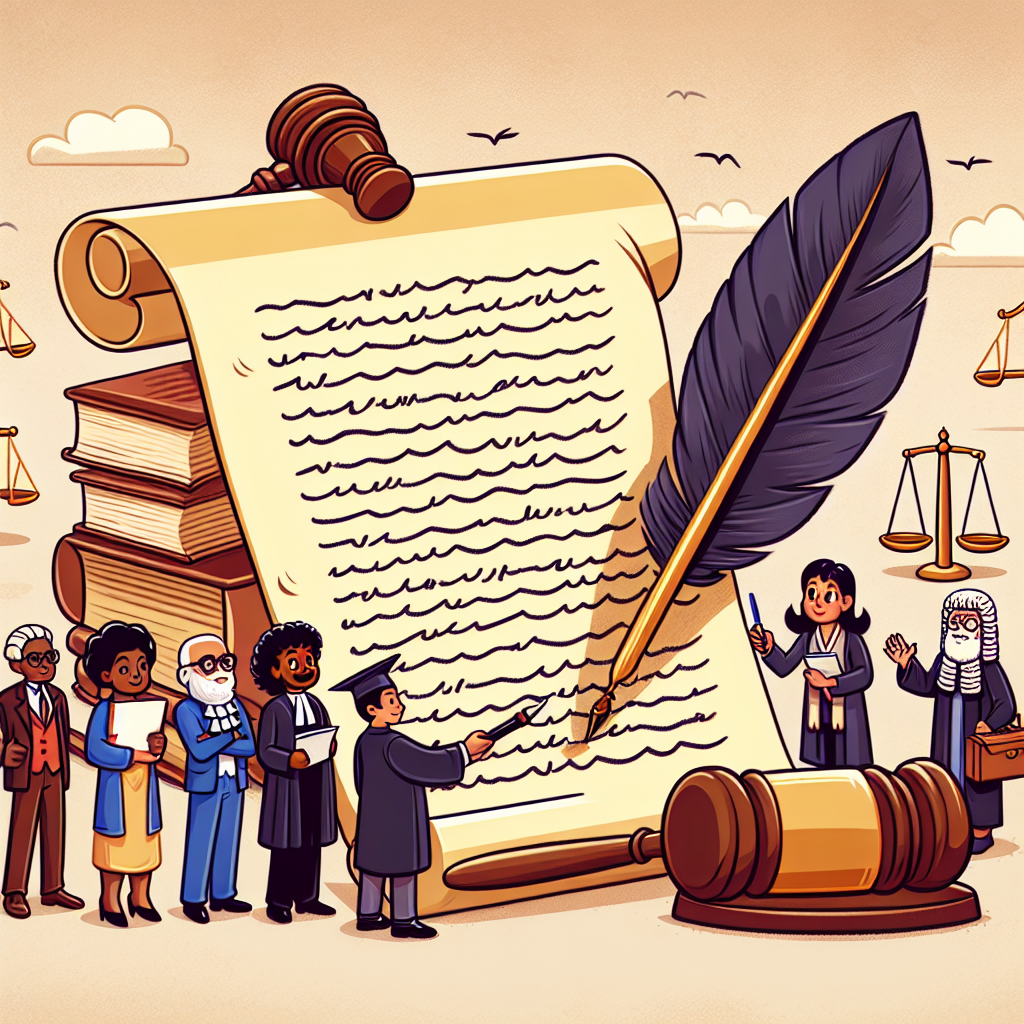Nicaragua's Constitutional Shake-Up: Power Consolidation Under Ortega
Nicaragua's President Daniel Ortega has secured approval for constitutional reforms designed to consolidate his power, allowing greater control over government branches, extending presidential terms, and redefining vice-presidential roles. Critics view these reforms as a shift towards authoritarianism reminiscent of a dynastic rule.

Nicaragua's President Daniel Ortega has seen his controversial constitutional reforms approved, marking a significant increase in his political power. The reforms, defended by supporters as fulfilling a revolutionary legacy, face criticism for appearing to strengthen a family's hold on power.
Unveiled last November, the changes authorize the presidency to oversee legislative and judicial duties, permit military involvement in police activities, and redefine key roles within the executive branch. Notably, the vice-presidential role now extends to 'co-president', a position held by Ortega's wife, Rosario Murillo.
Human rights expert Reed Brody condemned these moves as sounding a 'death knell' for democracy, with Ortega's presidency resembling a 'fully authoritarian regime'. The changes, soon to be formalized, further Ortega's long-standing grip on Nicaragua's political landscape amid accusations of dynastic ambitions.
(With inputs from agencies.)










